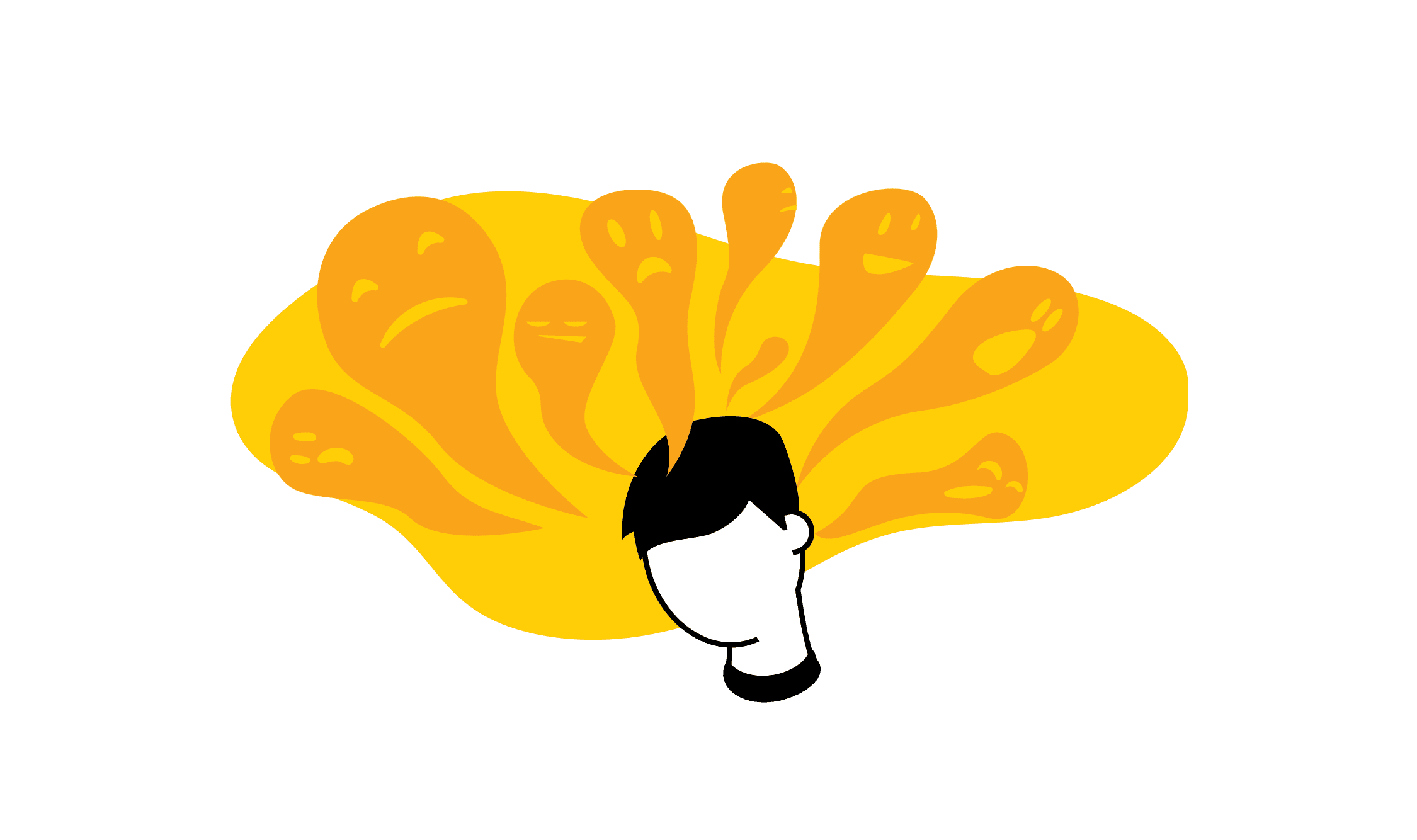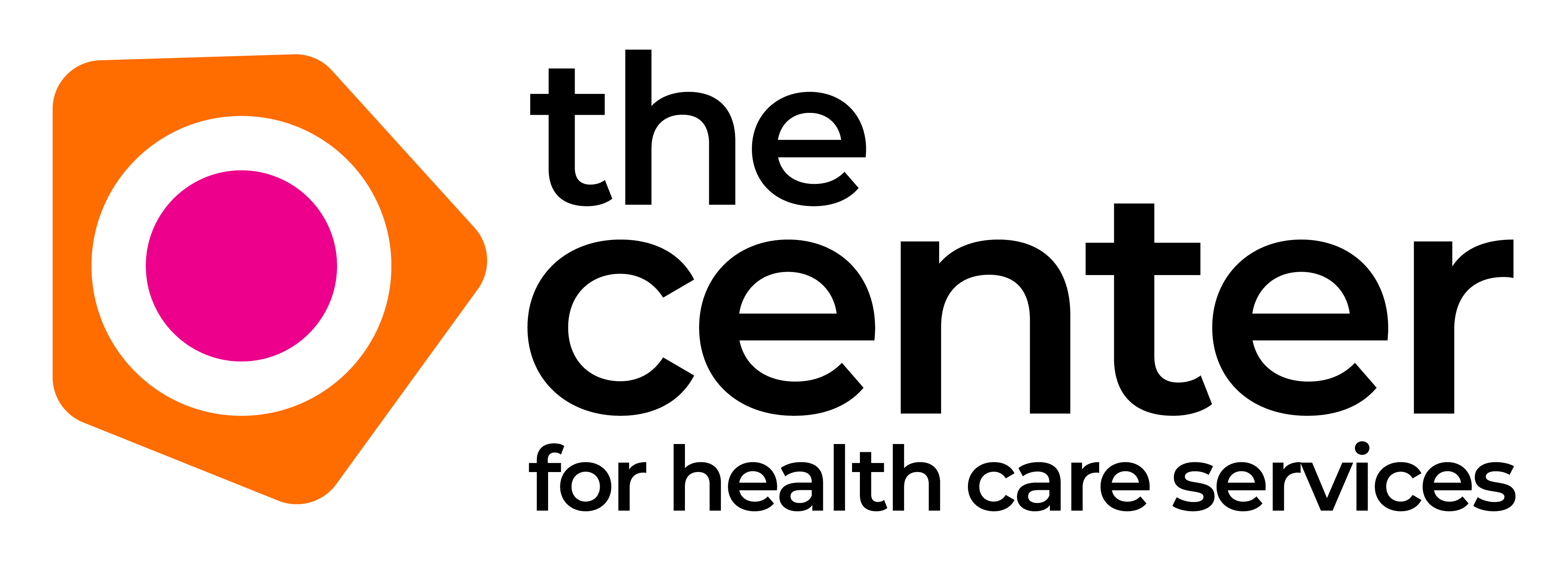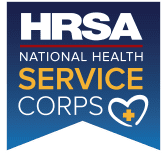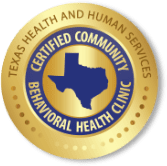You may be dealing with
Anxiety
Many children have fears and worries from time to time. When, however, the fear or worry interferes with social activities, interests or hobbies, schoolwork, and family life, it may be an anxiety disorder.
There are different types of anxiety disorders that appear in children.
- Separation anxiety – being very afraid when they are away from family
- Social anxiety – being very afraid of school and other places where they may meet people
- General anxiety – being very worried about the future and about bad things happening to them
- Phobias – having extreme fear about a specific thing or situation, such as dogs, insects, or going to the doctor (phobias)
- Panic disorder – having repeated episodes of sudden, unexpected, intense fear that come with symptoms like heart pounding, having trouble breathing, or feeling dizzy, shaky, or sweaty


Causes and Risk Factors
Although anxiety typically presents as fear or worry, it can also make a child irritable or angry. Other symptoms include bodily aches and pains like fatigue, headaches or stomachaches as well as trouble sleeping.
Anxiety is not your fault. There is no single cause for mental health disorders; instead, they can be caused by a mixture of biological, psychological and environmental factors. Children and adolescents who have a family history of mental health disorders may be more prone to developing one at some point.
Mental health and wellness is essential for a child to live an independent, productive life full of positive experiences. Through mental health treatment and outpatient programs, The Center for Health Care Services helps children get on-track with peers, achieve academic success and live a positive, meaningful life as a well-functioning adult. If you or a loved one is experiencing a mental health condition like anxiety, YOU ARE NOT ALONE!
Outpatient Mental Health Services for Children & Adolescents
Being mentally healthy in childhood means reaching developmental and emotional milestones, learning healthy social skills, and how to cope when problems arise. When there is a concern that a child might not be meeting these milestones, The Center offers an array of services that can help.
Our goal is to strengthen and support families by providing services for an array of issues, including:
- Sadness or depression
- Fear or anxiety
- Persistent nightmares
- Low self-esteem
- Social isolation
- Harming self or others
- Behavioral problems
- Academic problems
- Running away and truancy
- School bullying
- Parenting support
- Child abuse/assault
- Divorce
- Grief/loss
- History of trauma
Children’s mental health treatment is for Bexar County youth ages 3 – 17 with a DSM-V Diagnosis, and includes the following services:
- skills training
- counseling
- medication training and support
- psychiatric evaluation and medication monitoring
- family partner support
How to Enroll in Children's Behavioral Health Services
To enroll a child in services, start by calling (210) 261-CHCS (2427) to begin the registration process. The enrollment screening process is done Monday through Friday from 8 a.m. to 3 p.m. at the Children’s Behavioral Health Clinic at Bandera: 6812 Bandera Road, Suite 102, San Antonio, Texas 78238.
In the event of a mental health crisis including suicidal or homicidal thoughts, please call the 24-Hour Crisis & Substance Use Helpline at 800-316-9241 or 210-223-SAFE (7233). Please call 911 if harm to self or harm to others is imminent.
The Center helps children and adolescents find hope, determine their path to wellness, and discover their way to an independent, productive life.
For more information, or to enroll in services, please call:
Children: (210) 261-CHCS (2427)
Good Health and Wellbeing: Children 101
Mental health and wellness is essential for a child to live an independent, productive life full of positive experiences. Because a child’s development begins with the love and encouragement they receive from parents and caregivers, it’s important to:
- Establish healthy habits: nutritious food,
adequate sleep, and exercise - Provide a safe and secure home
- Give children unconditional love
- Nurture a child’s confidence and self-esteem
- Make time for play
- Provide fair and consistent guidance and
discipline - Teach your children healthy ways to manage
stress and bounce back from adversity - Help your child maintain emotional balance by teaching them resiliency
- Take care of your own mental health!



